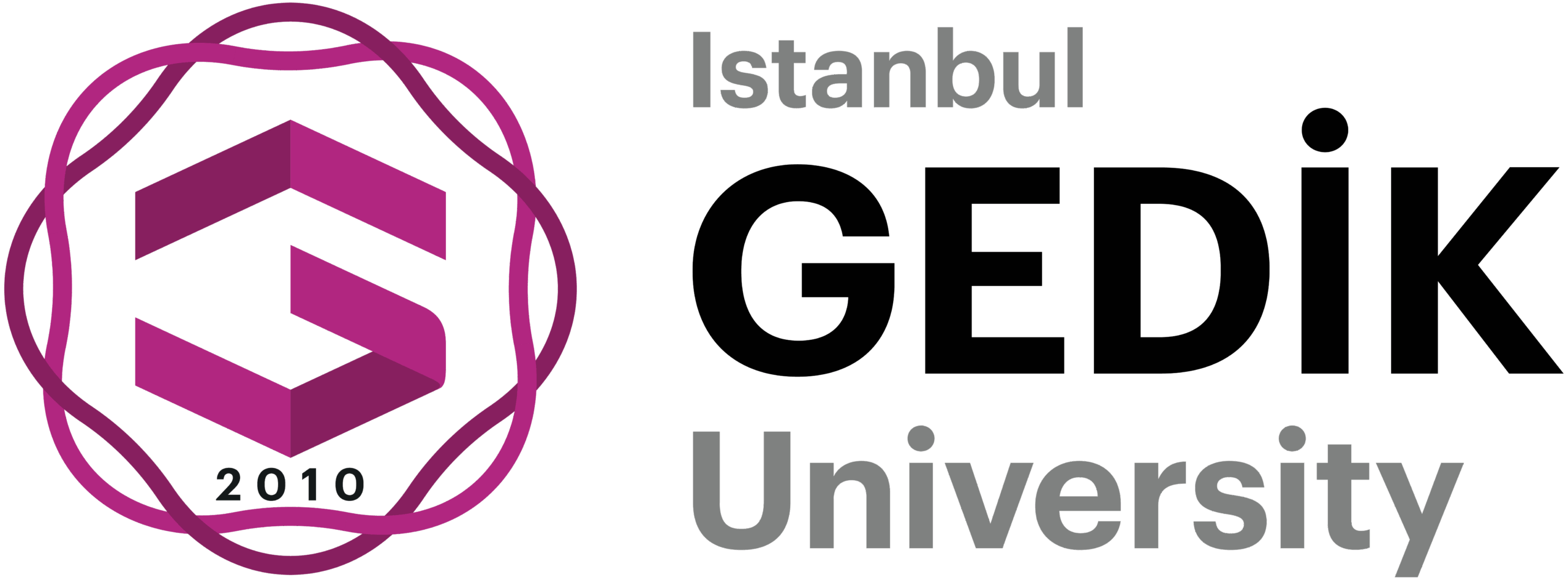- Knows the basic concepts and communication models related to the field of Communication Sciences.
- Knows the basic concepts, theories and principles of local, national and global communication systems.
- Describes the processes, functions and structures of mass communication and cultural industries.
- He/She has knowledge about the relationship of media with society and politics.
- Understands the media’s view of ethical values ??and the ethical values ??that should be possessed professionally.
- He/She is aware of the working conditions and professional organizations related to the field of Communication Sciences.
- Think critically and evaluate the social and political context of the media.
- Analyzes the social, economic and historical role of media, industry and communication.
- It creates content for different communication areas and different media tools.
- He/She has the ability to integrate her professional and practical skills regarding new communication technologies with her theoretical knowledge.
- He/She will be able to use the basic theoretical and practical knowledge she has acquired in her field at an advanced level of education in the same field or in a field at the same level.
- Adhering to the principles of media literacy, one has the ability to access, analyze, evaluate and transmit messages in written, visual and audio media.
- He/She plans and carries out professional projects and activities for the social environment she lives in, with awareness of social responsibility.
- It follows the local, regional, national and international agenda and evaluates it critically.
- He/She is competent in active listening, critical analysis and problem solving.

- ABOUT US
- Corporate
- Management
- Administrative Departments
- General Secretariat
- Legal Consultancy
- Information Technology Department
- Administrative Affairs Department
- Corporate Communications and Public Relations Department
- Library and Doc. Department
- Financial Affairs Department
- Student Affairs Department
- Directorate of Personnel Department
- Health, Culture and Sports Department
- Department Of Strategy Development
- Construction and Technical Department
- Publishing Coordinatorship
- Directorate of Editorial Affairs
- Units Affiliated to the Rectorate
- ACADEMIC
- RESEARCH
- STUDENTS
- CONTACT
Program Learning Outcomes
Published Date: 24 November 2024Update Date: 25 November 2024